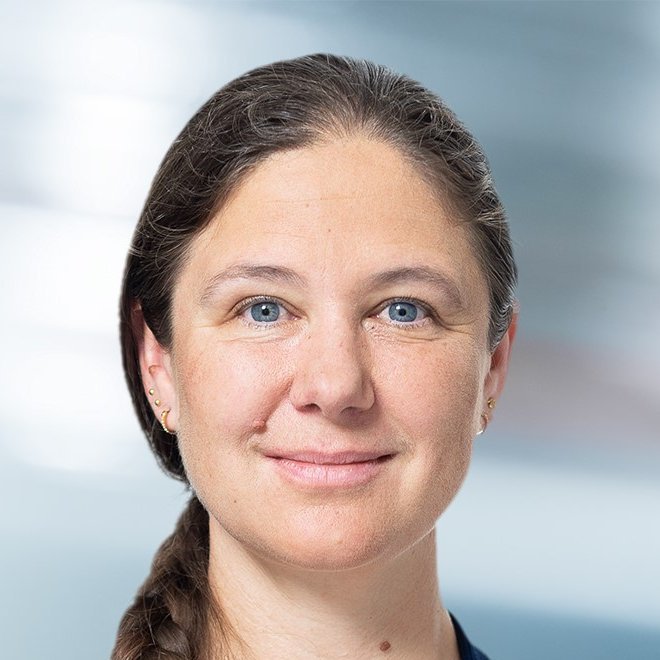Medical Knowledge and Decision Support


The assistant professorship of «Medical Knowledge and Decision Support» of Prof. Dr. Janna Hastings explores the impacts and opportunities associated with digitalization in the clinic.
We focus our research and overarching objectives to accelerate the translation and integration of evidence into the clinic, ensuring that digital tools for clinical applications are aligned with the needs of clinicians, and to remove barriers to effective human-computer collaboration to improve patient outcomes.
Physicians are increasingly not only working with their own knowledge but with digital knowledge systems that (ideally) support them in decision-making. Research on how such systems need to be developed has advanced rapidly. The other side, however, that of the physician, is still less exposed. Therefore, we aim to understand how such systems change the everyday clinical practice, how the professional identity of clinicians is affected, and what role models will emerge for the physicians of the future.
In particular, we focus our teaching and research on three areas:
We study clinician experiences of digitalization and their impact on clinical workflows, professional identity, and work satisfaction. We also explore how digital tools can support interprofessionality and shared decision-making and the opportunities and risks that new technologies might open up.
Projects:
We develop and evaluate artificial intelligence approaches for health, biomedical discovery, and clinical applications. We are working in particular on knowledge-informed learning algorithms based on deep neural networks, with a focus on transfer learning and re-use of large-scale open-source generative models (language, images) for clinical applications. We also look at interpretability and implementation considerations for artificial intelligence applications in clinical contexts.
Projects:
We are interested in approaches to semi-automate evidence synthesis in the clinical domain and accelerate the translation of evidence into guidelines and practice. We work on ontologies and semantic approaches to support integration, aggregation, and summarization of evidence. We are also interested in public understanding of medical knowledge and how this can be improved through better digital tools.
Projects: